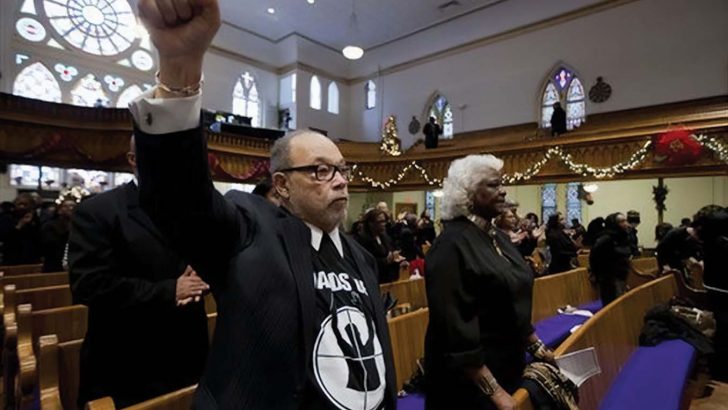Dignity: Seeking respect in back row America
by Chris Arnade (Sentinel/Penguin Random House, £20.00)
Frank Litton
For years, I taught a course introducing Irish politics to US students who came to work as interns in the Dáil and Seanad. Many were surprised to discover how much the people they met knew about US politics. Some told me that their knowledge and interest exceeded that of their neighbours back home, (though the students that supported the Republican party lamented that we all cheered for the Democrats).
Many factors explain our fascination with US politics – emigration has weaved close ties, the echoes of the John F. Kennedy presidency and, I suppose, the intrinsic interest of the politics of the world’s first, largest and most powerful, modern democracy.
The ascent of Donald Trump in a whirl of upheaval, has, no doubt, increased the interest.
Chris Arande couldn’t wait to move from his family home in a small suburban town in Florida. Intelligent, educated in a Catholic school, he was equipped to do so acquiring a PhD in physics on his way to a lucrative career in Wall Street and a fine home in fashionable Brooklyn. He moved, as he writes, from the back row to the front row.
Entitlement
He never completely shared the sense of entitlement of those whose ‘merit’ propels them to the top table, nor did he buy into the neoliberal ideology that justifies the depredations of modern finance. After 20 years of increasing disenchantment, he left Wall Street.
The long walks he took for exercise brought him through a deprived area of the Bronx. Ignoring the warnings of the dangers in this wasteland – populated with prostitutes, drug addicts and the homeless – he came to know the inhabitants. Documenting in words and pictures the lives of those in the ‘back row’ became his mission. He travelled across the United States, visiting places devastated when manufacturing industries departed. His investigations began in McDonald’s hamburger joints, the only social centres that remained, where lingering long over cups of coffee, people talked to each other – and to him – of the day’s travails.
There is a kind of ‘poverty porn’ in which the miseries of the poor are presented as a spectacle, exciting the reader’s horror while they enjoy the satisfaction of their pity for the wretched lives laid out before them. Arnade’s book is as far from this as possible. Yes, we learn of destitution, drug addiction, prostitution, petty crimes, of misfortune piled on misfortune. We learn also of pluck, endurance, initiative, kindness and humour. We learn of the struggles of those who have been abandoned by the powers-that-be, denied the dignity that comes with a decent wage, a good home and a community that these sustain. We learn all this in a manner that acknowledges their dignity and gives them the respect denied to them by the likes of Hillary Clinton and the Democratic party elite who consign them to the ‘basket of deplorables’.
Two messages struck me. Mr Arnade discusses racism, how it adds to the injuries of abandonment, and how the striving to belong and be respected can feed it. He supposed that the back-row would have as little use for churches as he did himself, an atheist. He discovered how wrong he was; attending services of every kind and description, he came to see how worship opened portals of love that sustained and consoled.
Mr Arnade’s atheism weakened and his horizons on life expanded. This book gives us much to think about, widening the horizon in which we view US politics and, perhaps our own.


 Religious fervour of poor blacks is a witness to faith
Religious fervour of poor blacks is a witness to faith 